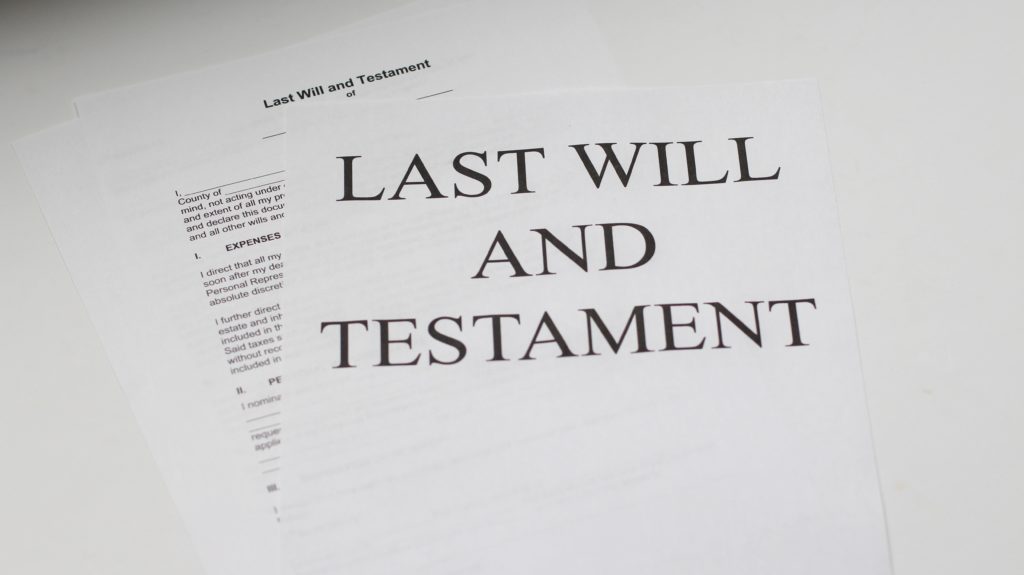While many think it’s obvious where a deceased person’s assets should go after their death, the will and probate process is not always clear cut. Separating fact from fiction can help you plan accordingly and understand where your or your loved one’s assets will go in the event of their death.
In addition to working with an experienced will and probate lawyer to gain a deeper understanding of what wills and probate entail, debunking common myths can help you with your estate planning now to spare your loved ones the burden of sorting your real estate after your death.
Will and Probate Explained
A will outlines and coordinates how a person’s assets will be distributed after death. It can also appoint guardians for your children under the age of 18. Creating a will is one of the most important aspects of estate planning
Probate is a process that verifies that a deceased person’s will is legal. If there is no will, a probate court will divide your assets among your loved ones instead.
Myth: If A Person Dies Without A Will, The State Claims Everything
If someone dies and has not yet drawn up a will, the state does not automatically claim everything. While it’s important to have an estate plan, assets will typically go to surviving spouses or children, as determined by a probate court.
Myth: The Oldest Child Should Be The Executor Of The Parents’ Estates
Contrary to popular belief, the court will not automatically appoint the deceased’s oldest child to serve as their estates’ executor. A will can have co-executors or appoint a lawyer. If the will doesn’t appoint an executor, the court will consider many factors when appointing one.
Myth: If I Have A Will, I Can Avoid Probate
Having an estate plan and living trust can help reduce or avoid probate, but your executor will probably still need to submit your will to a probate court after your death, regardless of what your will entails or how complex your estate is. This is how the court determines the legal validity of your will and ensures it enforces your wishes.
Myth: Probate Takes Years
In the state of Alabama, the probate of an estate can take as little as six months. During this time, creditors file claims, and once that’s done, the probate generally moves forward quickly. However, if it’s a relatively large estate, there is ongoing income or objections to any provisions, it can complicate and lengthen the process. If your estate is complicated or you have many assets, consult with a lawyer to ensure your will is airtight.
Myth: I Don’t Have Any Assets
Assets are things that can produce value. Whether it’s a car, real estate, or investments, almost everyone has some assets. Having a will is important because it ensures your assets are passed on to the people whom you want to receive them after your death.
Wills and Probate Assistance
One of the most critical reasons to consider a last will and testament in Alabama is to ensure that minors are taken care of in a worst-case scenario. For legal help in determining child custody and other services related to estate planning, make an appointment with LaPlante, Merritt, Faulkner, Wilson & Clay, LLC by calling us at (256) 236-7354.

